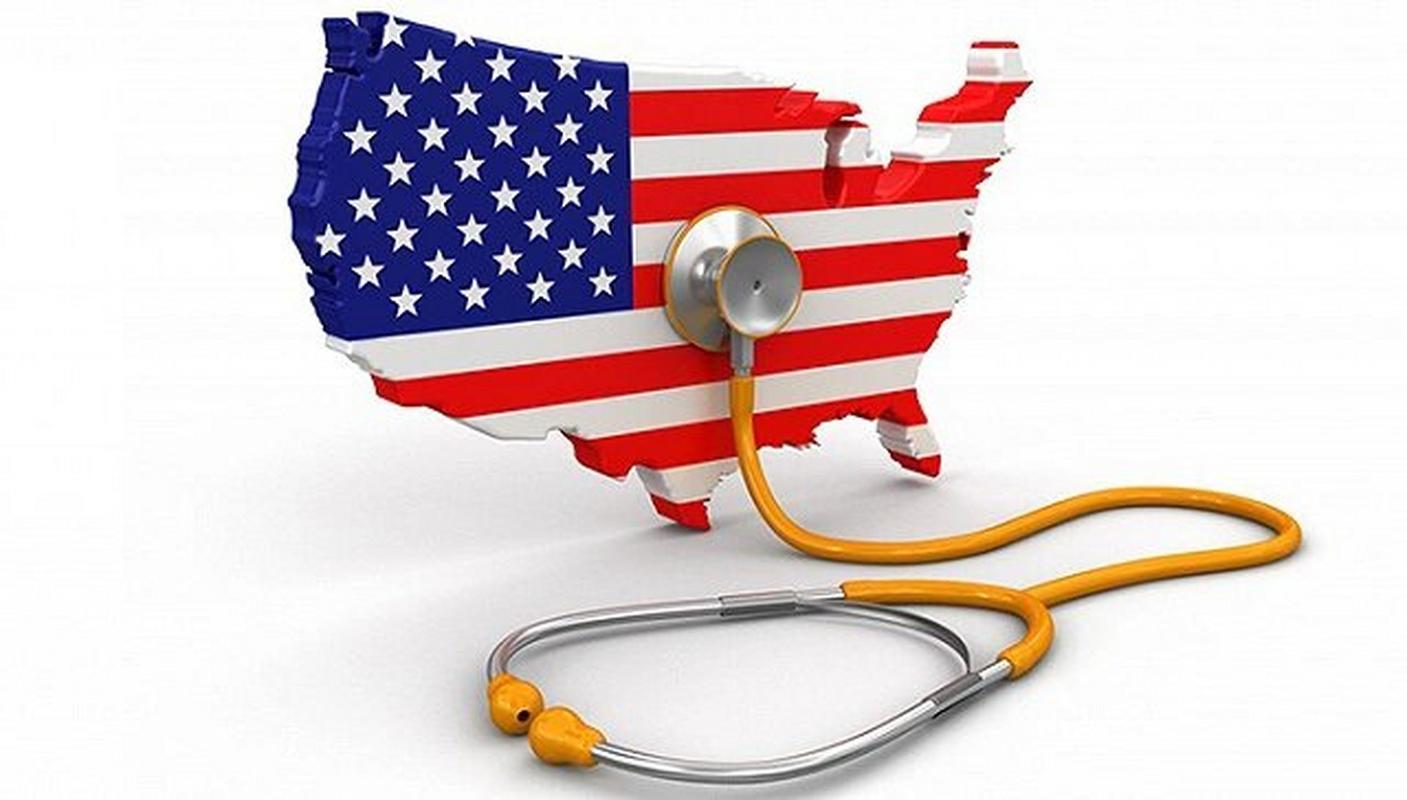When a hurricane warning flashes across the weather forecast, most people's first instinct is to stock up on water, canned food, and batteries. Few think to check their insurance policies or ask themselves: if my home floods tomorrow, my job halts, and the bank shuts down, how long could my wallet hold out? Disasters don't RSVP. They show up like unwelcome guests bursting through the door and upending everything. That's why financial preparedness is like a life-saving umbrella: unless it opens in the storm, it won't keep you from being swept away.
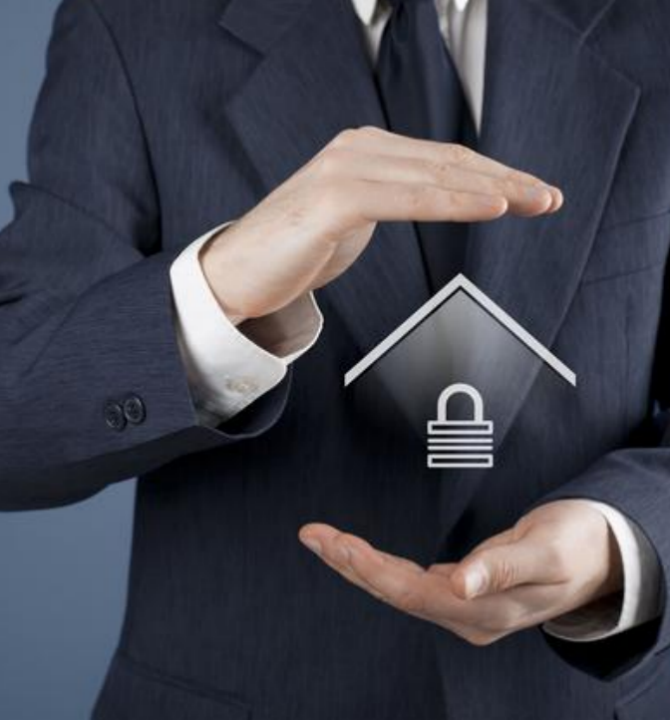
Katherine's shop, tucked on a street corner, had been open for five steady years, not booming, but consistent. Two days before the storm, she boarded up her windows and packed up her coffee beans and cash register. But she forgot one crucial thing: she didn't have business interruption insurance or emergency funds. When the storm passed, the street looked like a river, and her shop window had turned into a pile of glass shards. She quickly realised that reopening her cafe required more than cleaning and remodelling- it needed cash. And her credit card limit only covered a single espresso machine. Katherine's situation isn't unique. Many families and small business owners are caught unprepared. That means one heavy rainstorm can soak your carpets, fry your wiring and still leave you with a big fat "denied" from the insurance company.
Health coverage is just as critical. In a disaster, hospitals can be overwhelmed and roads impassable. The ability to be transported to a quality hospital or airlifted home if you're abroad isn’t just a convenience, it could be the difference between life and death. Higher-tier health or travel insurance plans often cover such emergencies, but only if you’ve enrolled ahead of time. And double-check that disaster-related emergencies are included in your plan. If insurance is your raincoat, emergency savings are the thermos of hot tea that keeps you going in the storm. A disaster often brings more than physical damage- it can also interrupt income. Your employer might shut down. Your business could dry up for weeks or months. Ideally, you should have at least six months of essential living expenses saved up to cover rent, food, utilities, and medical needs. Where should you keep it? Somewhere safe. This isn't money to grow- it's money to survive on when the paychecks stop.
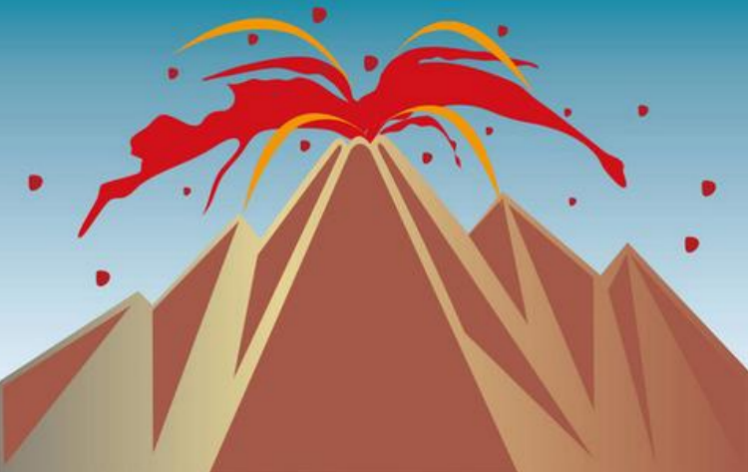
Don't overlook the power of small change. After a disaster, the first shock isn't always a missing roof, it's that ATMs don't work, or your credit card gets declined. It's wise to stash a few hundred dollars in cash, divided between your home and your go-bag, so you can buy gas, temporary lodging, or even a pizza during evacuation. It doesn't have to be much- just enough to get you through the first chaotic 48 hours. And beyond money, prep your digital identity. Back up all your insurance documents and vital records, property deeds, bank info, and Social Security numbers on an encrypted USB drive or secure cloud storage. A disaster might take your house, but don't let it take your proof of ownership or your ability to file a claim.
Most importantly, turn all this into a family conversation. Disasters aren't solo missions. Tell your spouse, kids, parents: Where are the insurance documents? Where do we meet if we evacuate? Where's the emergency cash? The sooner you ask these questions, the less likely you'll be panicking when the real thing hits.
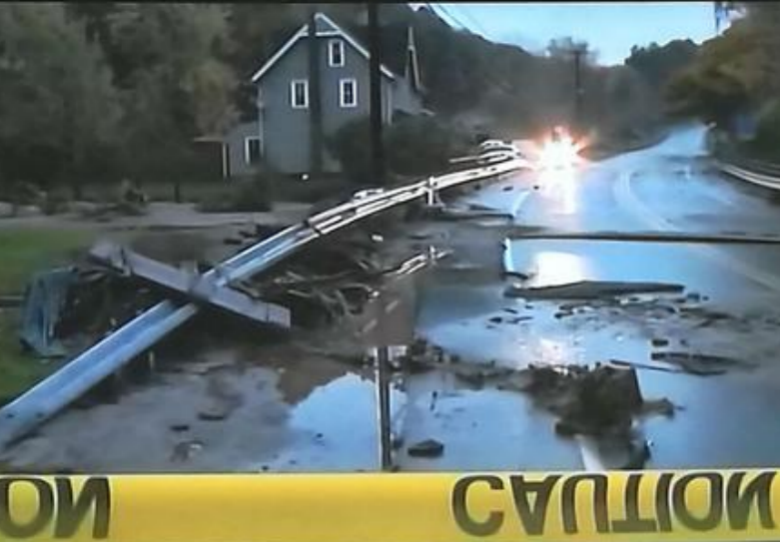
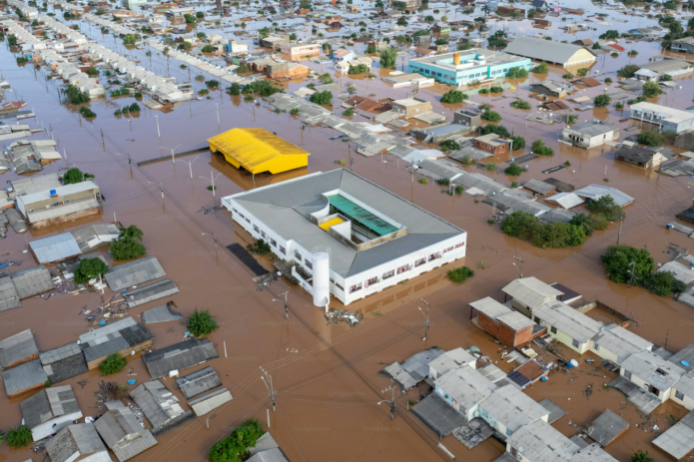
The Silent Revolution in Risk Transfer: How Parametric Contracts Are Rewriting the Rules of Climate
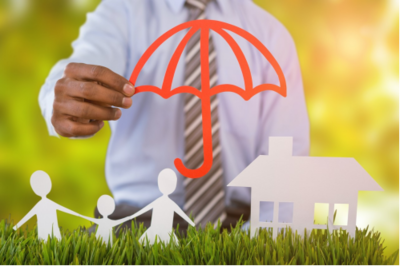
Low Coverage, High Premiums, No Medical Exam: Is This Type of Life Insurance Worth It?
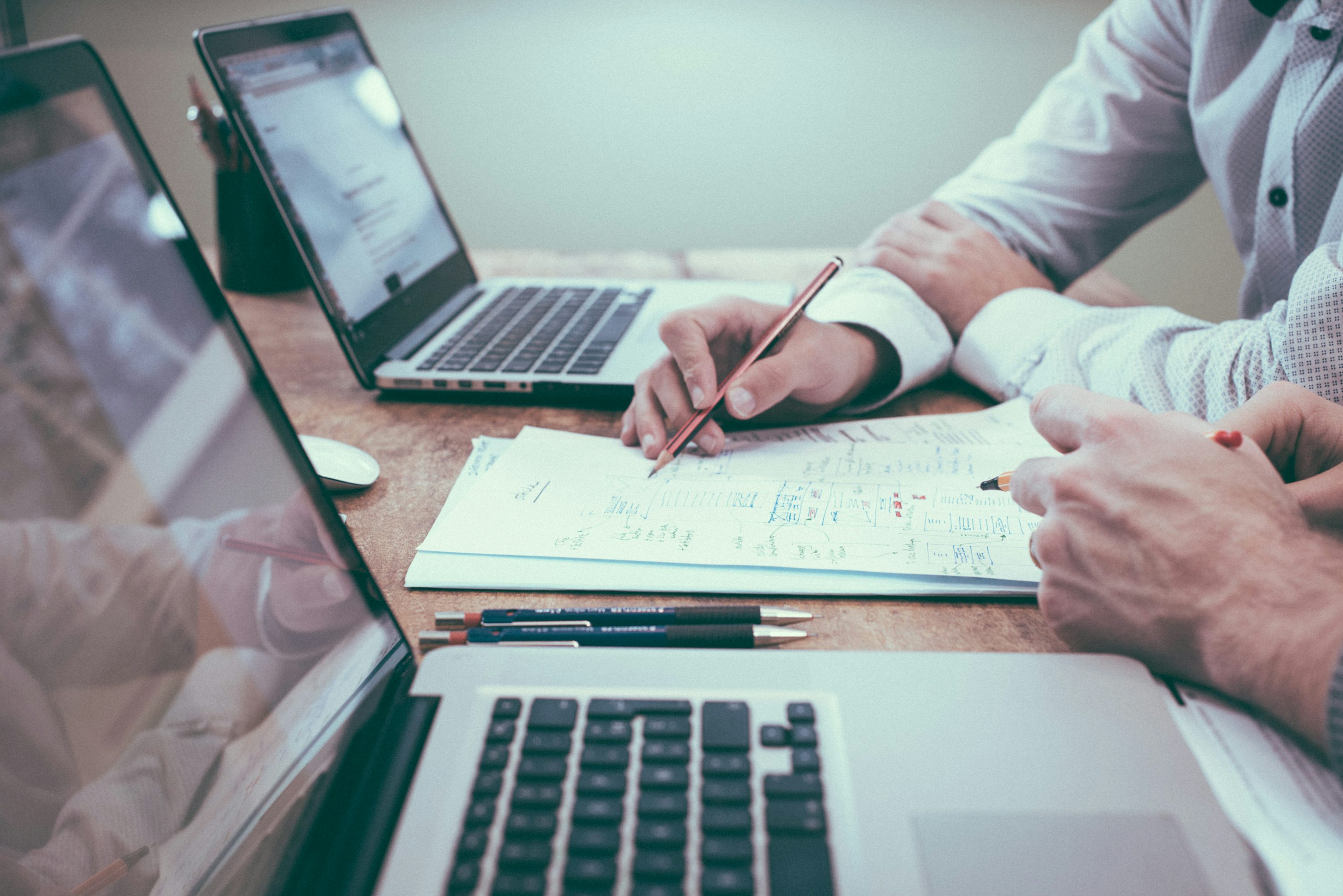
A low code/no code solution for analysts to better choose insurance!

Long-Term Care Insurance: Your Plan B for Ageing

Don't Wait for Risk to Knock. Here's How Young Families Can Build Their First Insurance Plan
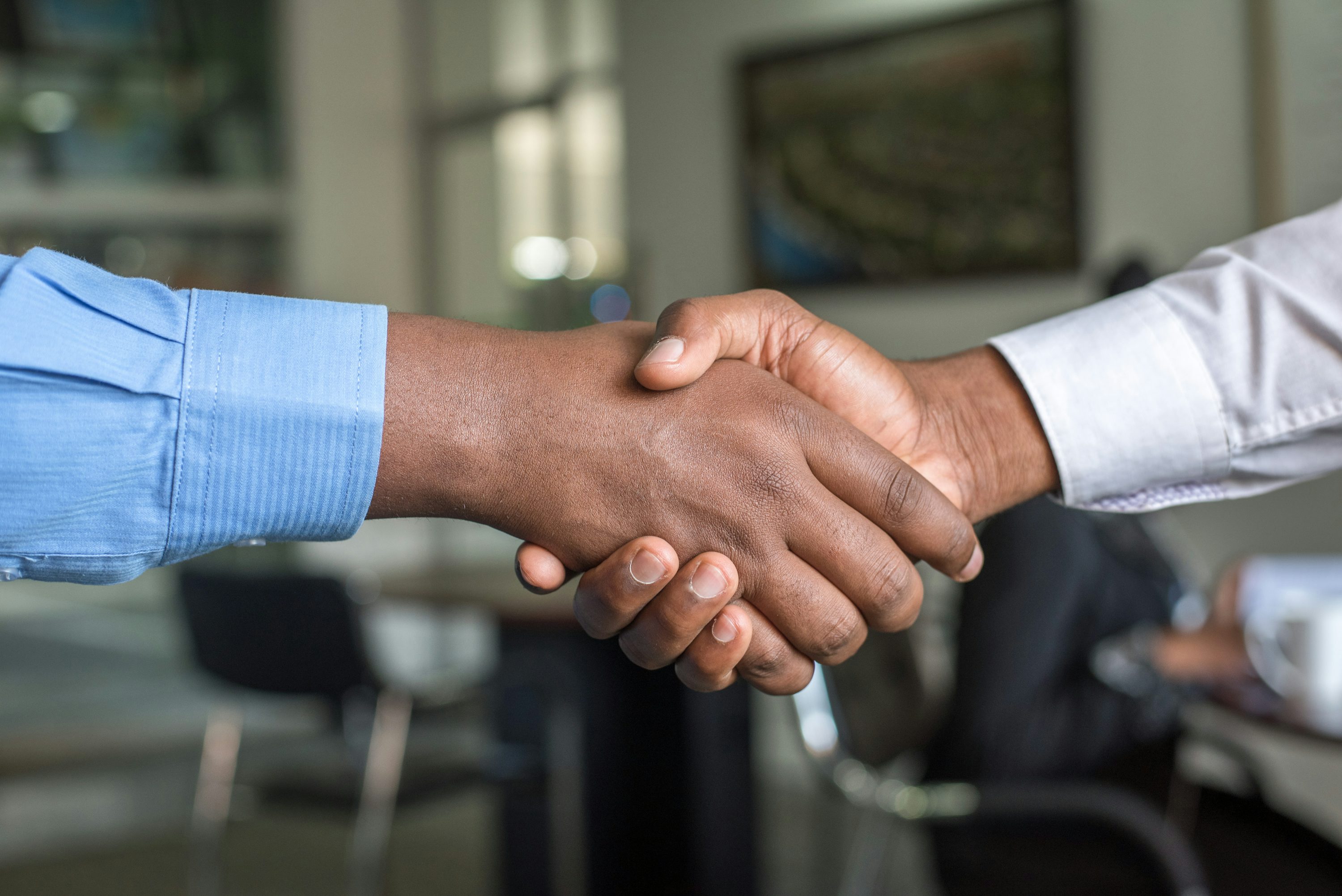
Some insurance solutions for protected retirement income that you must know!
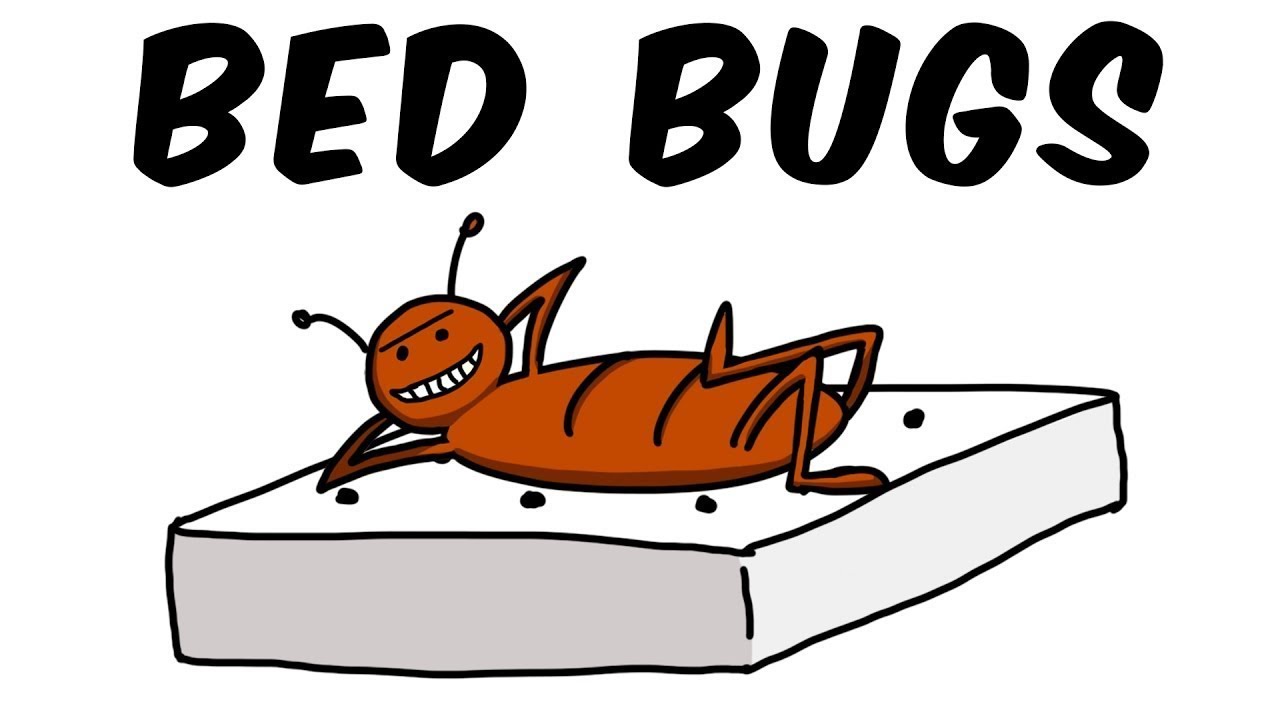
Does Renters Insurance Cover Bed Bugs?
